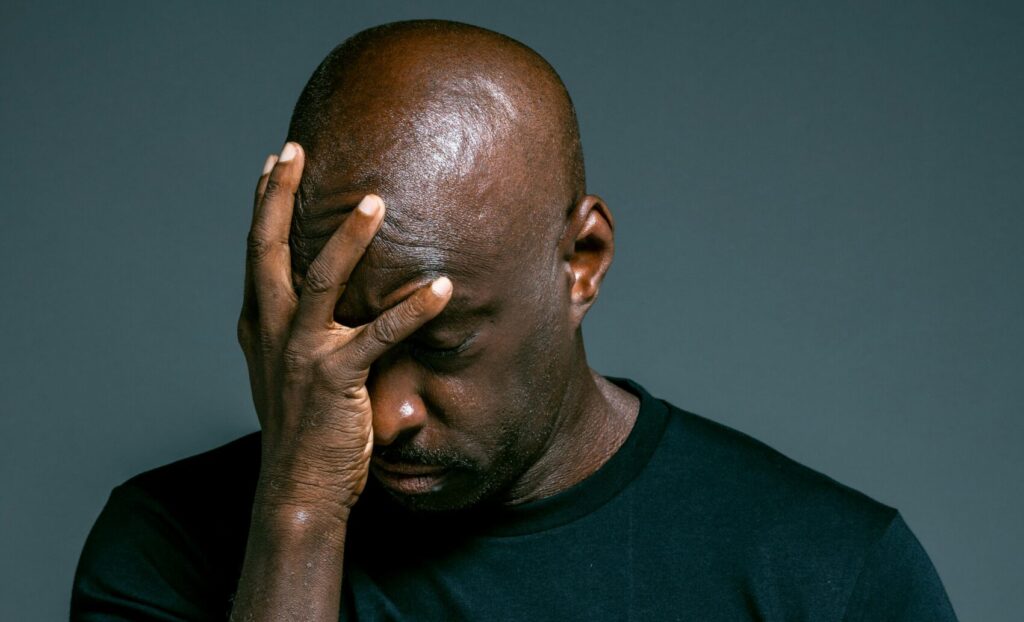
Marijuana—commonly referred to as cannabis—is a plant that contains psychoactive compounds, the most well-known being tetrahydrocannabinol (THC), which produces mind-altering effects. Historically, it has been used across various cultures for medical, recreational, and spiritual purposes.
Today, marijuana is available in several forms, such as smoking, vaping, edibles, and tinctures. While it is legally permitted for medicinal or recreational use in some areas, it remains prohibited in others due to concerns about its potential health risks and risk of misuse.
At Willow Springs Healing Center, we offer compassionate, evidence-based treatment for individuals facing challenges related to marijuana addiction. Continue reading to better understand how marijuana addiction develops and how our tailored treatment programs can support recovery.
Marijuana addiction—clinically known as cannabis use disorder—develops when a person becomes dependent on the substance and continues using it despite harmful consequences. This condition often stems from prolonged or heavy use. When attempting to quit, individuals may experience withdrawal symptoms such as mood changes, difficulty sleeping, decreased appetite, and strong cravings. Although not all users develop an addiction, many experience a psychological dependence that can make quitting difficult without support.
Cannabis is generally categorized into three main strains:
Marijuana is also referred to by numerous street names, including “weed,” “pot,” “ganja,” “herb,” “Mary Jane,” “bud,” and “grass.” In scientific and medical contexts, it is usually referred to as cannabis or THC-containing products.

Marijuana addiction can deeply influence all areas of a person’s life—physically, psychologically, emotionally, and socially. Although marijuana is often viewed as a low-risk substance, habitual or long-term use can lead to dependency and a variety of serious consequences. Gaining a clear understanding of these risks is crucial for recognizing addiction and beginning the path to recovery.
Frequent or long-term marijuana use can take a toll on physical health. One of the most significant risks is to the respiratory system. Smoking marijuana introduces toxic substances into the lungs, heightening the likelihood of chronic bronchitis, persistent coughing, and respiratory infections.
Even non-smoking methods like vaping and edibles aren’t without risk. These can elevate heart rate and blood pressure, putting extra strain on the cardiovascular system—particularly in individuals with heart conditions. Marijuana may also compromise immune function, increasing vulnerability to illness.
Of particular concern is marijuana’s effect on the developing brain. Use during adolescence can disrupt brain development, potentially impairing memory, learning ability, and cognitive performance. Long-term use has also been associated with slowed motor coordination and delayed reaction times, raising the risk of accidents. Some individuals may experience gastrointestinal problems like nausea and vomiting—especially those affected by cannabinoid hyperemesis syndrome (CHS), a condition linked to frequent marijuana use.
The psychological and emotional repercussions of marijuana addiction are often underestimated. While some individuals use marijuana to alleviate stress, excessive use can actually worsen anxiety, cause paranoia, and lead to emotional volatility.
Heavy, prolonged use has been associated with an increased risk of mental health disorders, including depression, anxiety, and in some cases, psychosis or schizophrenia—particularly among those genetically predisposed. Marijuana addiction can also lead to “amotivational syndrome,” a condition marked by a noticeable decline in drive, concentration, and productivity.
Emotionally, reliance on marijuana may impair the ability to manage everyday stress without the drug, fostering emotional dependence. This can disrupt emotional stability and strain interpersonal relationships. Withdrawal symptoms like mood swings, irritability, and difficulty sleeping further complicate efforts to quit, perpetuating a cycle of use and distress.
Marijuana addiction can also cause significant social challenges. As dependence grows, individuals may begin to isolate themselves, distance from friends and family, and neglect their roles and responsibilities in daily life. This detachment can damage relationships, lead to a loss of trust, and sometimes result in complete estrangement.
Academic and work performance often decline, which can lead to disciplinary issues, job loss, or financial strain. In areas where marijuana use is illegal, legal repercussions are also a possibility.
Furthermore, addiction may lead individuals into risky social circles or behaviors, including criminal activity, as they seek to maintain their habit. The fear of judgment or social stigma often prevents people from reaching out for help—delaying recovery and deepening the impact of the addiction.
Ultimately, marijuana addiction doesn’t just affect the individual—it can ripple through families, workplaces, and entire communities.

Identifying marijuana addiction early is essential to preventing lasting harm. Recognizing the warning signs—especially when multiple symptoms appear together—can help individuals or their loved ones take timely action and pursue appropriate treatment options.
Long-term or frequent marijuana use can result in various physical changes. While some signs may appear mild at first, they often become more noticeable over time:
In addition to physical effects, marijuana addiction often leads to noticeable changes in behavior that interfere with everyday responsibilities and relationships:
The mental and emotional effects of marijuana addiction can be just as disruptive as the physical and behavioral symptoms:

Overcoming marijuana addiction typically requires a well-rounded approach that combines medical support, therapy, and sustainable lifestyle changes. While some individuals manage to quit on their own, many achieve greater success with professional guidance—especially when withdrawal symptoms or long-term dependence are involved.
The first and most vital step in the recovery process is recognizing the existence of a problem. Because marijuana is often perceived as relatively harmless, many people minimize the severity of their dependency. However, acknowledging the toll it takes on one’s health, relationships, and daily functioning is critical. Turning to trusted friends, family members, or mental health professionals can provide the motivation and foundation necessary to begin the recovery journey.
Since marijuana addiction frequently stems from deeper emotional or psychological issues, therapy plays a pivotal role in long-term recovery. Through various forms of counseling, individuals gain insight into the underlying causes of their use and learn to adopt healthier coping mechanisms.
Connecting with others who understand the journey can be transformative. Peer support offers encouragement, accountability, and a shared sense of purpose.
Connecting with others who share similar experiences can be a powerful component of recovery. Support groups help reduce isolation, foster accountability, and encourage ongoing commitment to sobriety.
Long-lasting recovery is supported by positive lifestyle changes that promote overall well-being. Establishing new habits and routines helps reduce the likelihood of relapse and contributes to a more fulfilling life.
Maintaining sobriety is an ongoing process that requires dedication, resilience, and continued support. A strong relapse prevention plan and a reliable support system are key to long-term success.

If you or someone you love is facing the challenges of marijuana addiction, know that you don’t have to go through it alone. At Willow Springs Healing Center, we offer compassionate, expert care through flexible outpatient programs at our Concord, MA location.
Our center is open 24/7, providing accessible support whenever you’re ready. Our treatment approach is designed to fit into your life—helping you heal while continuing to meet work, school, or family responsibilities. We focus not only on therapy but also on empowering clients to integrate recovery strategies into their everyday routines.
Don’t wait. Your journey to healing and lasting change can begin today. Contact us: